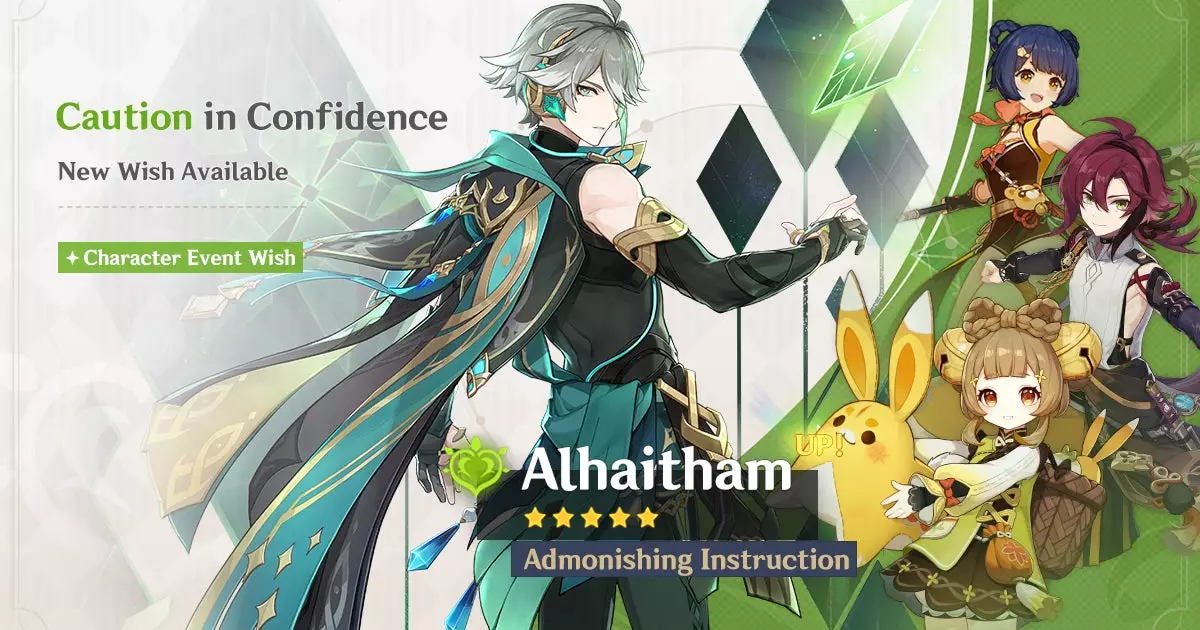In a groundbreaking move that highlights the evolving landscape of digital gaming regulation, the developers of Genshin Impact, HoYoverse, have agreed to a hefty $20 million settlement with the U.S. Federal Trade Commission (FTC). This decision came in response to allegations that the game employed unfair marketing tactics regarding loot boxes, particularly focusing on its impact on younger audiences. With a growing concern about consumer protection in the gaming industry, this settlement not only sheds light on the practices of HoYoverse but also sets a precedent for how similar companies might be scrutinized in the future.
The FTC’s complaint underscores a complex web of currencies used within Genshin Impact, asserting that the structure confuses players—especially minors. Players must navigate through a myriad of currency exchanges before they can access loot boxes, which obscures the real financial costs involved in these purchases. This obfuscation could lead to significant financial misunderstandings, as players may inadvertently commit more money than they intended, driven by the allure of acquiring in-game rewards.
Moreover, the FTC pointed out that these practices misled players regarding the odds of obtaining enticing in-game prizes. Specifically, the potential “Five-Star Prizes” are marketed through event banners and promotional campaigns that create an illusion of favorable winning odds, thus pushing players toward temptation and spending.
A particularly concerning facet of this case relates to the protections for minors. The FTC alleges that HoYoverse’s practices contravened the Children’s Online Privacy Protection Rule (COPPA), which mandates stringent regulations regarding the collection of personal information from children. This revelation is alarming, as it shows a neglect of responsibility toward safeguarding young and vulnerable players within the digital gaming space. By agreeing to cease loot box sales to minors without parental consent, HoYoverse’s settlement illustrates a necessary shift in corporate accountability to protect younger audiences from predatory in-game monetization methods.
As the settlement awaits judicial approval, its implications extend beyond just HoYoverse: it signals to the entire gaming industry that regulators are prepared to take action against misleading practices that exploit consumer trust. The FTC’s director, Samuel Levine, emphasized that deceptive marketing strategies that exploit young gamers would not go unpunished. This stance may compel other gaming companies to reevaluate their monetization strategies, potentially leading to more transparent gaming environments that prioritize user understanding and fair practice.
Ultimately, this settlement serves as a critical reminder that the gaming industry needs to prioritize ethical practices and consumer transparency. As digital gaming continues to evolve, companies must foster a culture of responsibility, especially pertaining to younger audiences. The implications of the FTC’s actions could usher in a new era where consumer protection becomes paramount, ensuring that players are not misled about the true costs and odds associated with in-game purchases. The Genshin Impact case is undeniably a pivotal chapter in the broader narrative of gaming regulation that will resonate within the industry for years to come.


Leave a Reply